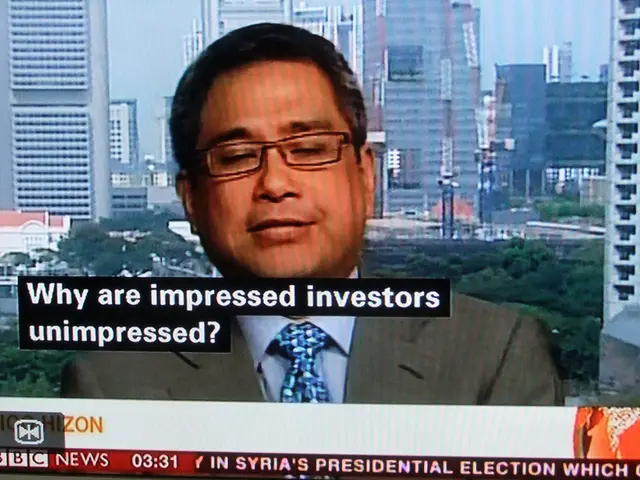Reduced GST Tax to Stimulate Growth in India's Accommodation Sector
The Goods and Services Tax (GST) rate for hotel rooms priced up to ₹7,500 has been reduced from 12% to 5%, a move that is expected to bring a significant boost to India's hospitality industry.
According to an analysis by Crisil, hotel costs make up 80% of the total trip cost for a five-night trip from Mumbai to Goa at a four-star property, compared to 60% at a similar trip to Bangkok. This reduction in GST rate is expected to make quality stays more accessible to a wider base of Indian travellers, as stated by Radisson Hotel Group.
The reduction has sparked concern among hoteliers regarding the removal of Input Tax Credit (ITC) for properties in the sub-₹7,500 bracket. Hoteliers argue that disallowing ITC may deter investment in the mid-market segment, which is critical for domestic tourism. The Hospitality Association of India (HAI) states that hotels are essential infrastructure, not luxury, generating employment, supporting regional economies, and having one of the highest economic multipliers.
Despite these concerns, industry leaders are optimistic about the impact of the GST rate reduction. Nikhil Sharma, Managing Director and COO - South Asia for Radisson Hotel Group, believes that the change will strengthen India's positioning as a high-potential tourism hub. Sudeep Jain, Managing Director - South West Asia, IHG Hotels and Resorts, states that the tax reform could expand tourism beyond metropolitan cities.
The analysis also reveals that expensive hotels in India make up for the cheaper flights. Pushan Sharma, Director, Crisil Intelligence, suggests that the GST cut will help close the gap between domestic and international hotel rates. Sharma also noted that the GST rate reduction would drive demand for leisure travel, weekend getaways, and business stays.
Rajiv Mehra, General Secretary of the Federation of Associations in Indian Tourism and Hospitality (FAITH), expects the move to stimulate demand ahead of the peak travel season. Mehra also stated that the move will lead to a spike in gig hiring. The hospitality sector is expected to see higher occupancy, more package bookings, and increased footfall, particularly in tier-2 and -3 cities.
Moreover, the GST rate rationalisation is incentivizing a shift towards clean energy alternatives, as stated in a separate article. This could further enhance the appeal of Indian tourism, making it more sustainable and attractive to environmentally conscious travellers.
In conclusion, the reduction in GST rate for hotel rooms is expected to have a positive impact on India's hospitality industry, particularly in tier-2 and -3 cities. The move is expected to make quality stays more accessible, stimulate demand, and potentially lead to a shift towards clean energy alternatives. However, concerns about the removal of Input Tax Credit remain, and it will be interesting to see how the industry navigates these challenges in the coming months.
Read also:
- Nightly sweat episodes linked to GERD: Crucial insights explained
- Fitbit Versa 4 Experiences Continuous Price Drops on Amazon
- Asthma Diagnosis: Exploring FeNO Tests and Related Treatments
- Unfortunate Financial Disarray for a Family from California After an Expensive Emergency Room Visit with Their Burned Infant







